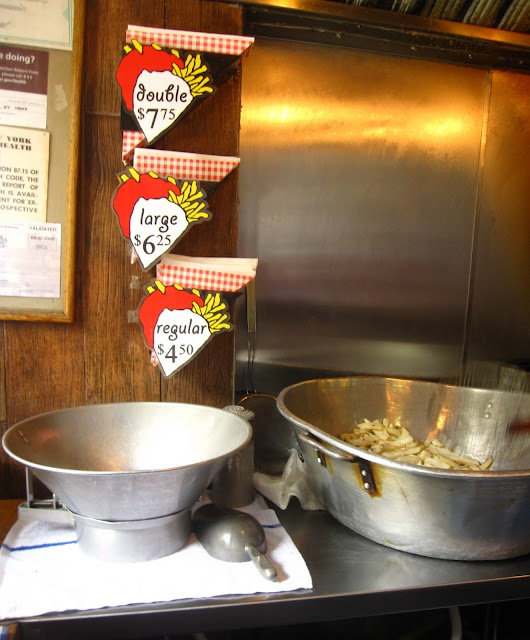Carnivore
Tuesday, June 29, 2010
Friday, June 25, 2010
Thursday, June 24, 2010
Monday, June 21, 2010
Happy First Day of the Summer! Enjoy!
The Summer Solstice occurs exactly
when the Earth's axial tilt is
most inclined towards the sun at its maximum of 23°
26'. Though the Summer Solstice is an instant in time, the term is also colloquially used like Midsummer to
refer to the day on which it occurs. Except in the polar regions (where
daylight is continuous for half of the year), the day on which the Summer Solstice
occurs is the day of the year with the longest period of daylight. Thus the seasonal
significance of the Summer Solstice is in the reversal of the gradual shortening of nights
andlengthening of days.
The summer solstice occurs in June in the Northern Hemisphere, in December in
the Southern Hemisphere.
At the Tropic of Cancer (23°26'N)
and all points to the north, and at the Tropic of Capricorn (23°26'S)
and all points to the south, the sun reaches
its highest position in the sky on the day of the Summer Solstice. However, between
the Tropic of
Cancer and the Tropic of Capricorn,
the highest sun position does not occur at the Summer Solstice, since the sun reaches
the zenith here and it does
so at different times of the year depending on the latitude of the observer. Depending
on the shift of the calendar, the Summer Solstice occurs some time
between December 21 and December 22 each year in the Southern Hemisphere,
and between June 20 and June 21 in the Northern Hemisphere.
Worldwide, interpretation of the event has varied
from culture to culture, but most cultures have held a recognition of sign of the
fertility, involving holidays, festivals, gatherings, rituals or other
celebrations around that time.
The word solstice derives
from Latin sol (sun)
and sistere (to stand still).
Friday, June 18, 2010
POMMES FRITES
with 26 tasty sauces to choose from.
Authentic Belgian Fries
The Belgian journalist Jo Gérard recounts
that potatoes were fried in 1680 in the Spanish
Netherlands, in the area of "the Meuse valley between Dinant and Liège, Belgium. The poor
inhabitants of this region allegedly had the custom of accompanying their meals
with small fried fish,
but when the river was
frozen and they were unable to fish, they cut potatoes lengthwise and fried
them in oil to
accompany their meals."
Many Belgians believe that the term
"French" was introduced when British or American soldiers arrived in Belgium
during World War I,
and consequently tasted Belgian fries. They supposedly called them "French",
as it was the official language of the Belgian Army at
that time.
"Les frites" (or "Frieten")
became the national snack and
a substantial part of several national dishes.
Labels:
Food
Subscribe to:
Comments
(
Atom
)





































